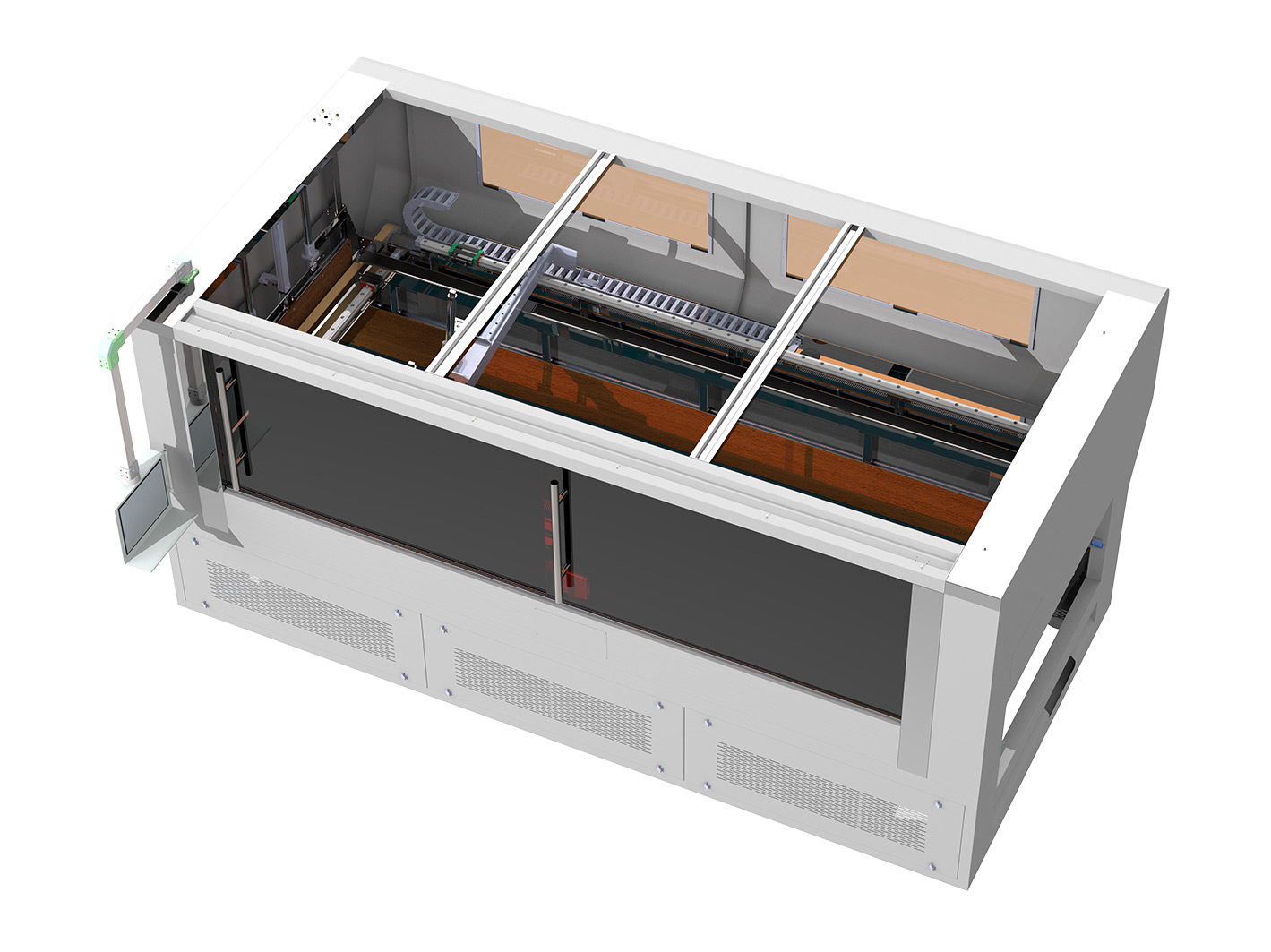
Measuring workstations are specialized environments designed to facilitate precise measurements across various industries, including manufacturing, quality control, and design.
These workstations play a crucial role in ensuring the accuracy and reliability of products by incorporating ergonomic principles and specialized tools.
Furthermore, the implementation of measuring workstations can enhance quality control processes, which are vital for maintaining high standards in production and reducing defects.
Quality Control and Productivity
Workstation measurements also contribute significantly to quality control processes within manufacturing environments. By ensuring that each workstation adheres to established ergonomic and safety standards, companies can minimize defects and enhance operational efficiency. Effective quality control measures involve using calibrated measuring devices to monitor workstation setups, which helps maintain high product quality and reduces costs associated with errors and injuries.
Specification
|
Application |
Load |
Speed |
Power KW |
|
|
Length |
Width |
60kg/m |
45m/min |
1.5kw |
|
300-2800mm |
150-1200mm |
|||
Advantages
Measuring workstations play a crucial role in enhancing productivity, safety, and efficiency across various fields, particularly in manufacturing and laboratory environments. Their design and functionality offer several advantages that contribute to improved work outcomes.
Ergonomic Benefits
One of the primary advantages of measuring workstations is their ergonomic design. Proper workstation layout considers factors such as reach distances, tool placement, and visual access, which are essential for creating a comfortable and healthy working environment.
Ergonomically designed workstations enable users to maintain a neutral posture, minimizing strain on the body, which can lead to a decrease in work-related injuries. Adjustability features allow each individual to customize the workstation to their specific body size, height, and handedness, promoting better comfort during prolonged use.
Enhanced Efficiency
Measuring workstations are designed to support workflow and productivity. By ensuring that tools and materials are easily accessible and organized, these workstations allow for faster task completion and reduced downtime. Effective workstation design fosters a systematic approach to tasks, thus enhancing overall efficiency in operations.
Moreover, the ability to make quick measurements and adjustments directly at the workstation minimizes the need for repetitive movements, which can also contribute to increased efficiency.
Improved Accuracy
The integration of high-quality measuring tools and technology in workstations contributes to enhanced accuracy in measurements and outputs. For instance, using calibrated and well-maintained measuring instruments can ensure precision in tasks, which is vital in manufacturing and technical fields.
Workstations equipped with digital measuring tools provide greater accuracy and ease of use, further supporting precision in work processes.
Increased Safety
Safety is a critical concern in any workspace, and measuring workstations that are well-designed can significantly reduce the risk of accidents. By ensuring that tools are correctly stored and accessible, and that work areas are free from clutter, the likelihood of mishaps is diminished.
Additionally, ergonomic adjustments can help in preventing repetitive strain injuries, contributing to a safer work environment overall.
Long-term Health Benefits
Investing in quality measuring workstations not only enhances productivity but also contributes to the long-term health of employees. By promoting good working habits and conditions, organizations can foster a healthier workforce, leading to lower healthcare costs and reduced absenteeism due to work-related injuries.
Creating an environment that prioritizes health and well-being ultimately results in a more engaged and satisfied workforce.